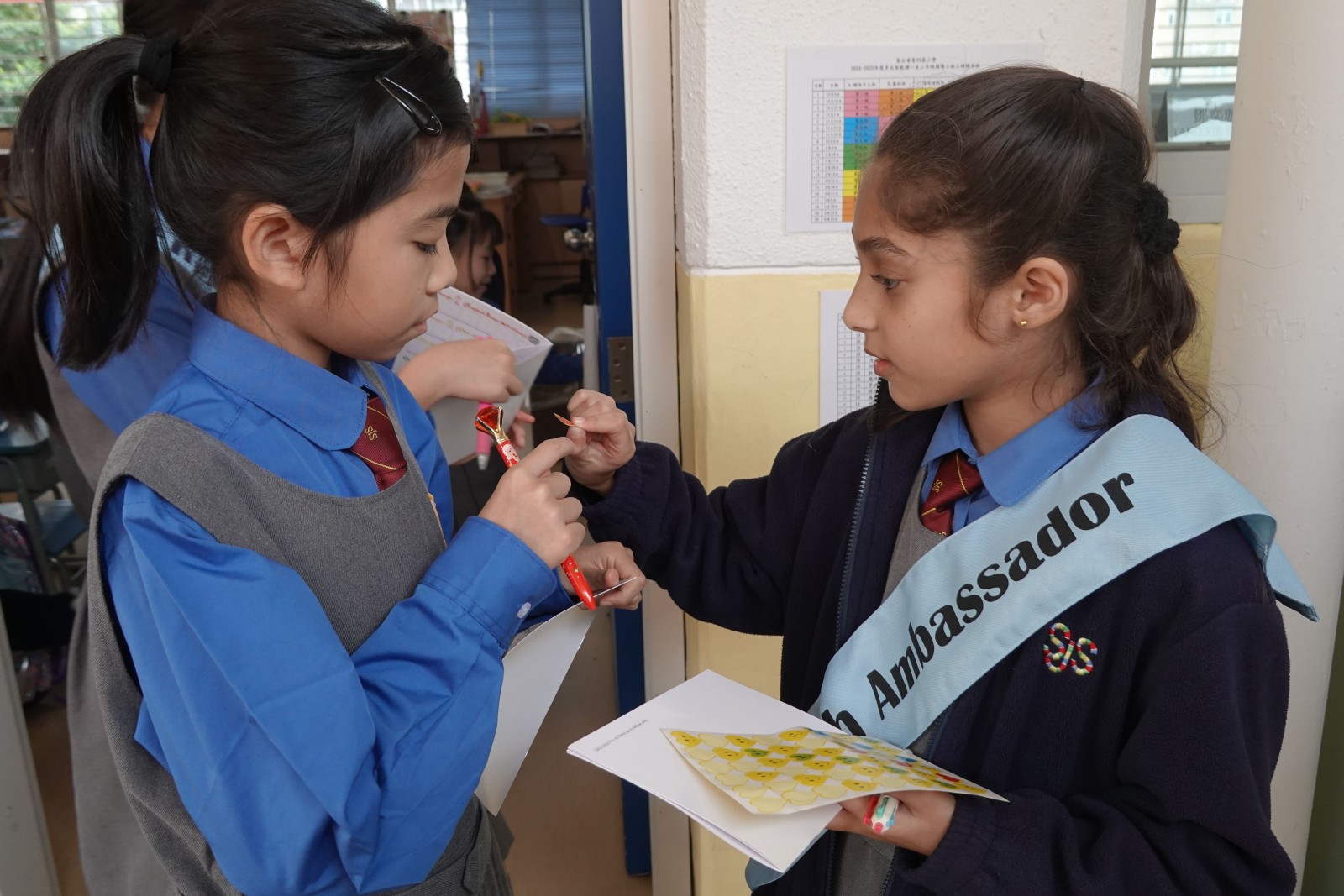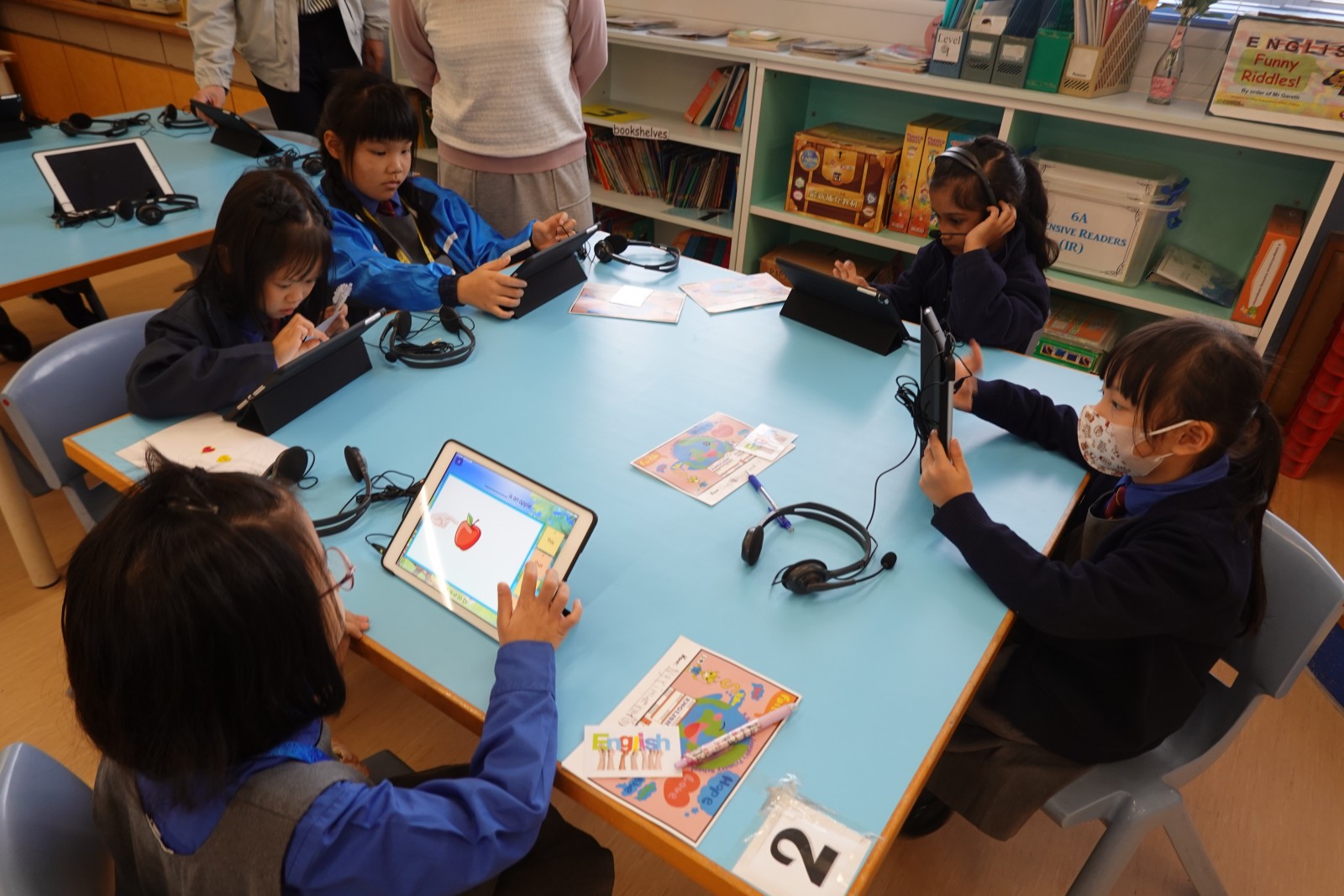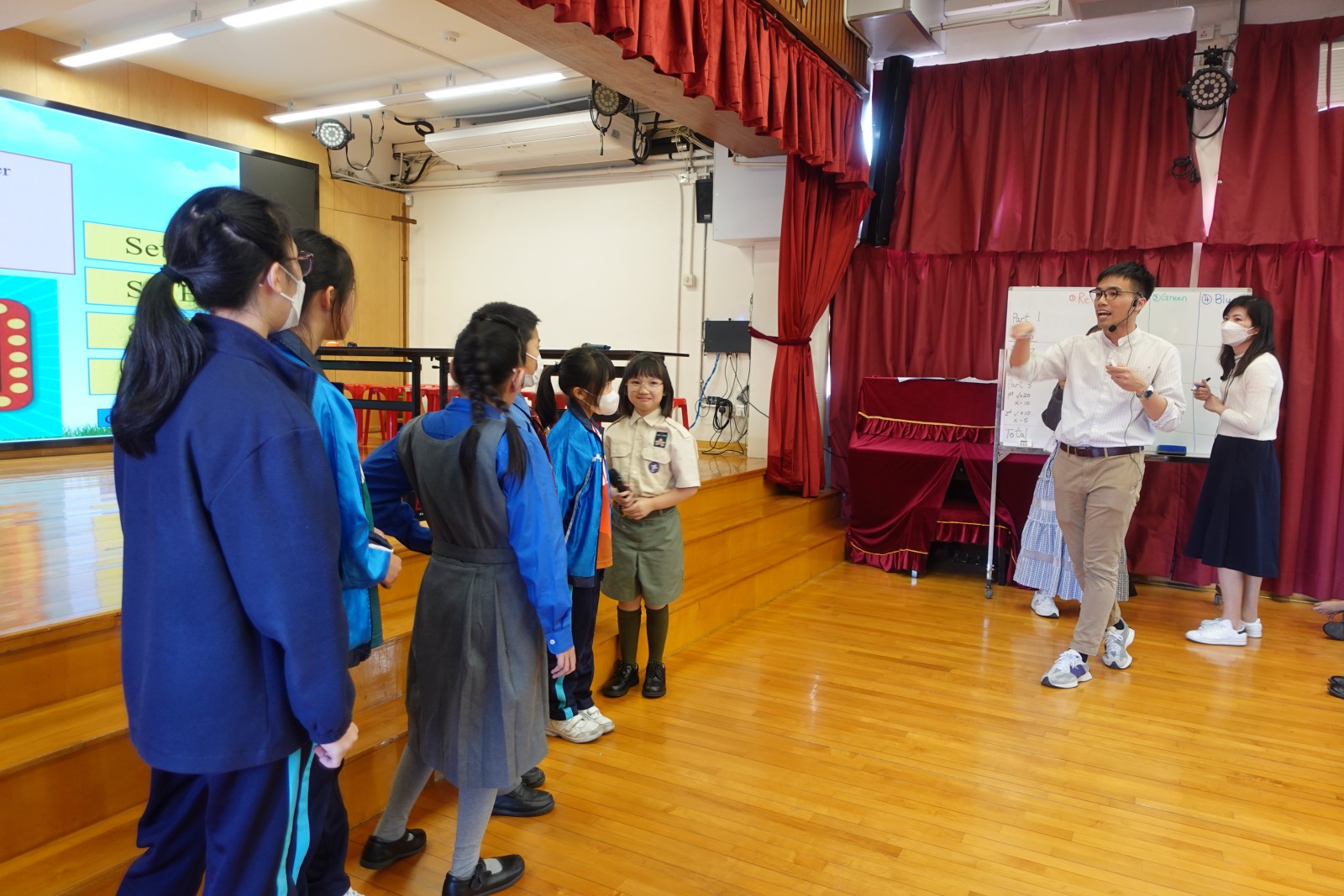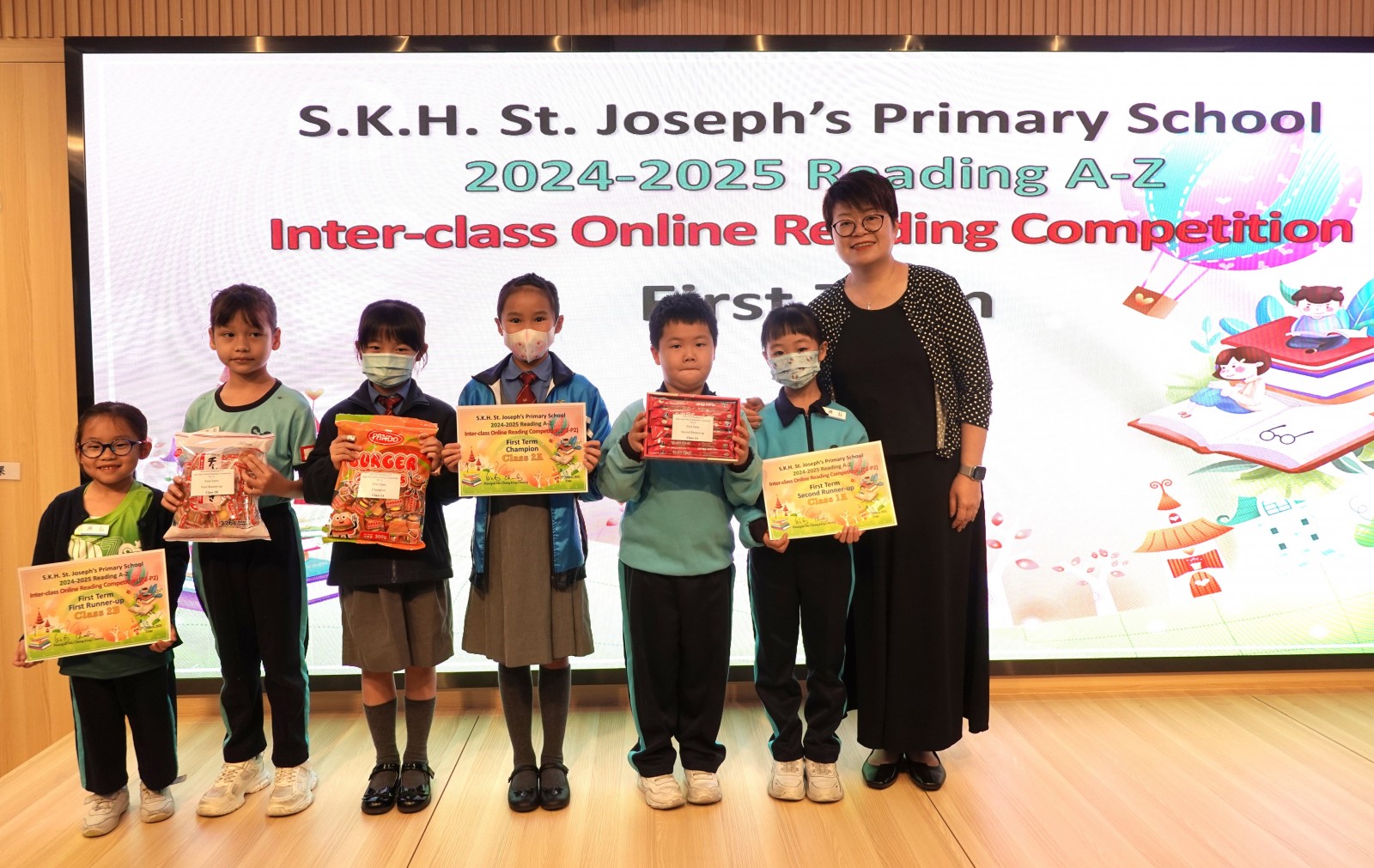English
Overall Aims of English Language Curriculum
- To provide every English Language student with further opportunities for extending their knowledge and experience of different cultures and of different people, as well as more opportunities for personal and intellectual development, further studies, pleasure and work in the English language medium; and
- To enable every student to prepare for the changing socio-economic demands resulting from advances in information technology; these demands include the interpretation, use and production of materials for pleasure, study and work in the English medium.
Characteristics of an English Language Education
The English Department aims to provide a language-rich environment with a wide range of learning experiences to enhance students English language proficiency for study, work and pleasure, intellectual development, cultural understanding and global competitiveness. To this end, the school tries very hard to develop a suitable, balanced and coherent English curriculum, which is designed to carry out our innovative curriculum plans, vary learning and teaching strategies, pace of learning and teaching, modes of assessment and also to cater for learners’ diversity.
Apart from using textbooks for learning references, our school has also designed a School-Based Phonics Programme as well as School-Based Reading and Writing Programme to boost students’ language ability. We have also adopted an RWI course to enhance students’ overall phonics ability in KS1.
To nurture our students as life-long learners, we promote Reading Across the Curriculum (RAC) in our school to help students establish links between concepts and ideas acquired in different KLAs and further enhance their interest in, not only academic reading, but specifically for pleasure off-campus, together with the ability to process reading texts as well as widen students’ horizon.
Native-Speaking English Teacher (NET) Programme
Our NET co-teaches with local English teachers (LET’s) and works with every student from P1-P6 during the year in terms of Guided Reading lessons and speaking lessons. Our NET also teaches students less mechanical and more spontaneous phonics and verbal skills and is consolidated by local English teachers. Students are also exposed to different types of readers to further widen their knowledge. Guided Reading is applied in the ER [English Room] lessons with the NET and LET’s carefully guiding students to enhance their reading decoding skills. Students can further practise with our NET in the speaking lessons. Here, students have the opportunity to talk about interesting and less formatted topics with the NET in an informal and relaxed ‘western-style’ setting, which the students thoroughly enjoy.
‘Bring Your Own Device’ Policy (BYOD)
‘Learning English Everywhere’, is generally advocated, so, both the whole teaching community and student community are able to learn and practise English anytime and anywhere. There is no physical constraint to limit their learning. Students can use their own devices to revise, collect, draft, edit and submit their work.
Language Outside the Classroom
A wide variety of activities are carried out:
- On-campus activities: English Thursdays, English Week, Time for English, writing competitions
- Off-campus activities: Hong Kong Schools Speech Festival, Hong Kong School Drama Festival, Cambridge courses and Cambridge English exams, writing competitions
Language Proficiency Path: (Elite development)
|
Level |
Activities |
Target Group |
|---|---|---|
|
Brilliant level |
English Ambassadors |
P. 1-6 |
|
Star level |
Writing Competitions Solo verse speaking |
P. 3-6 |
|
P. 1-6 |
||
| P. 1-6 | ||
|
Basic level |
Weather Reports English Week Cambridge English courses and English language qualifications |
P. 1-6 P. 1-6
|
|
Beginning level |
English Thursdays |
P. 1-6 |






























.jpeg)
.jpeg)
.jpeg)
.jpeg)
.jpeg)





